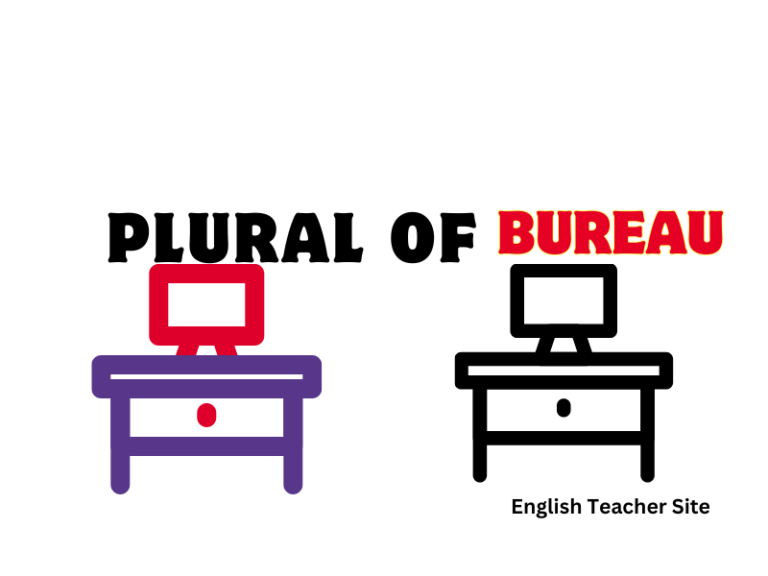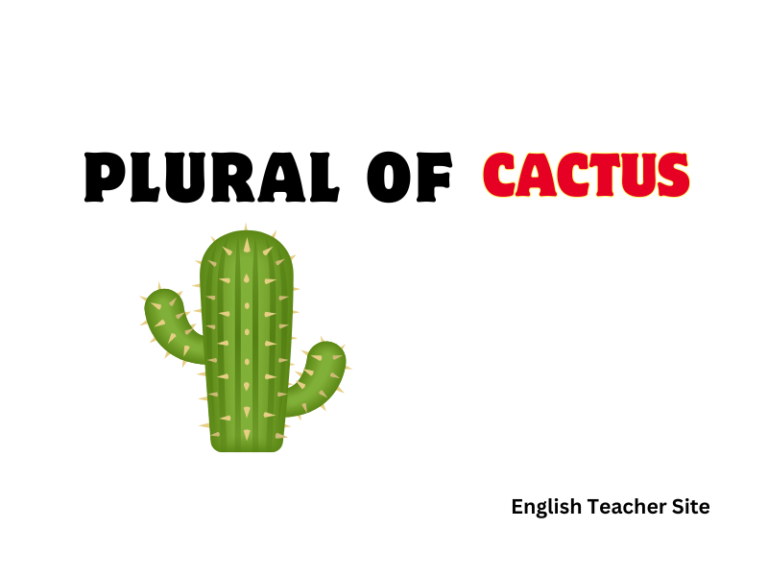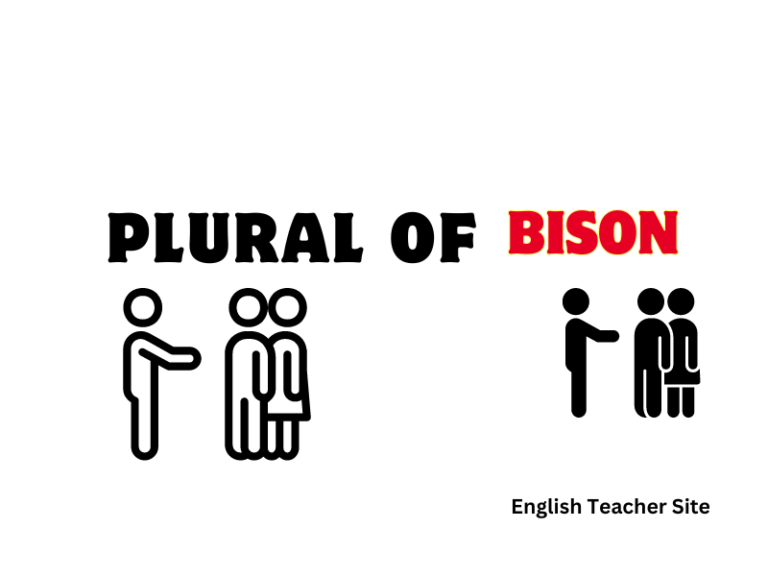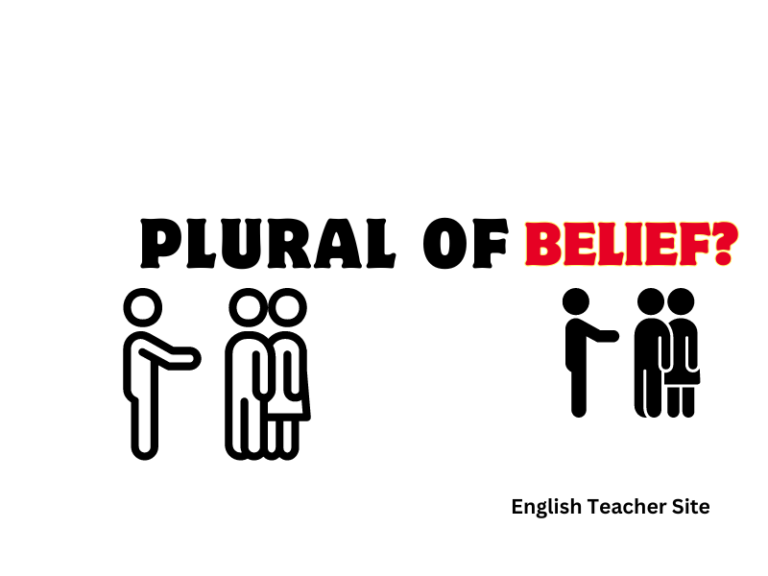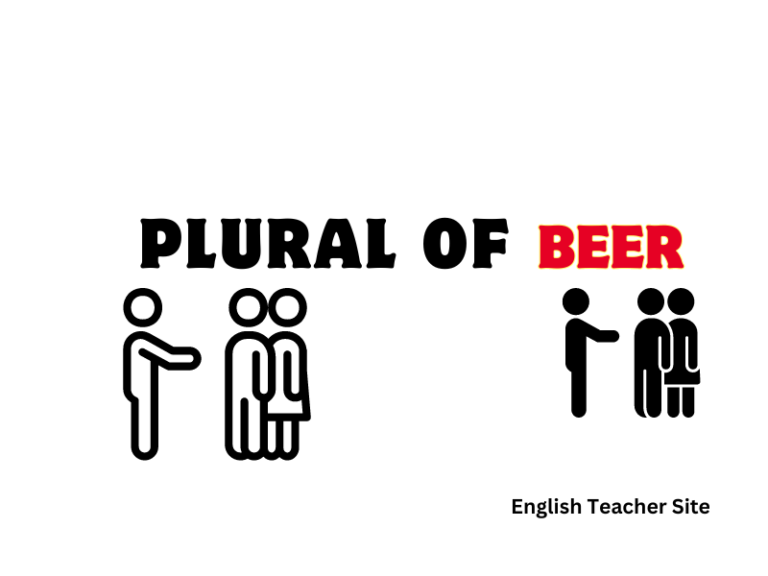What’s the Plural of Child: Understanding Simple English Plurals
When it comes to the term child, the plural form doesn’t follow the common rule of simply adding an ‘s’ or ‘es’ to the end of the word. Instead, the term children is used to refer to more than one child. This irregularity is a significant aspect of English grammar and vocabulary that learners and…





